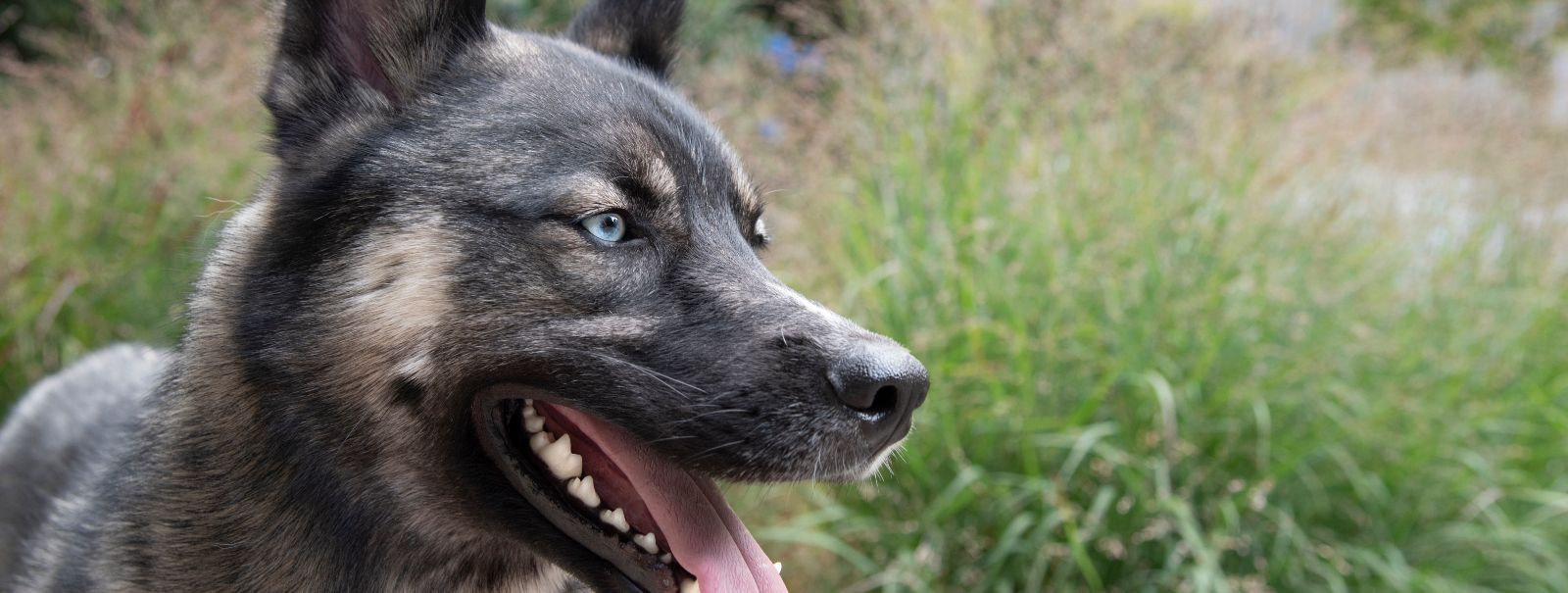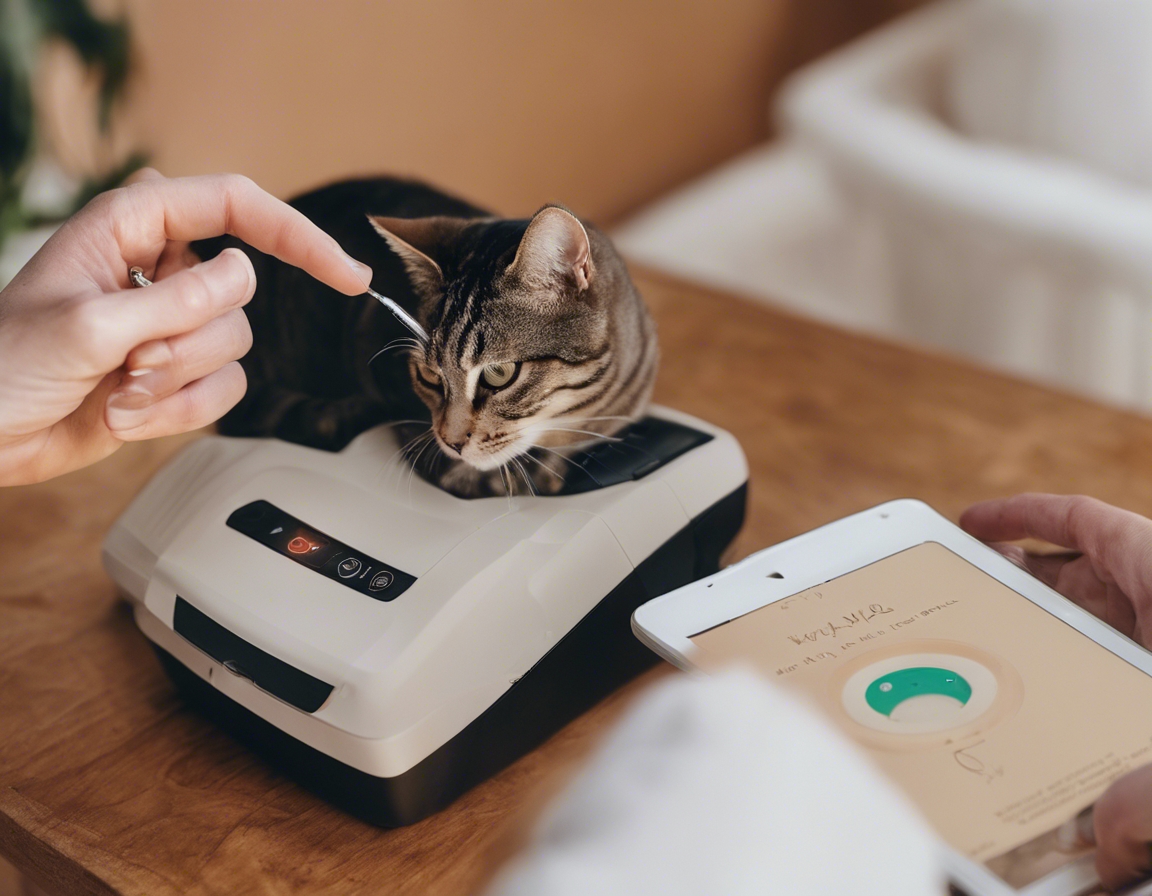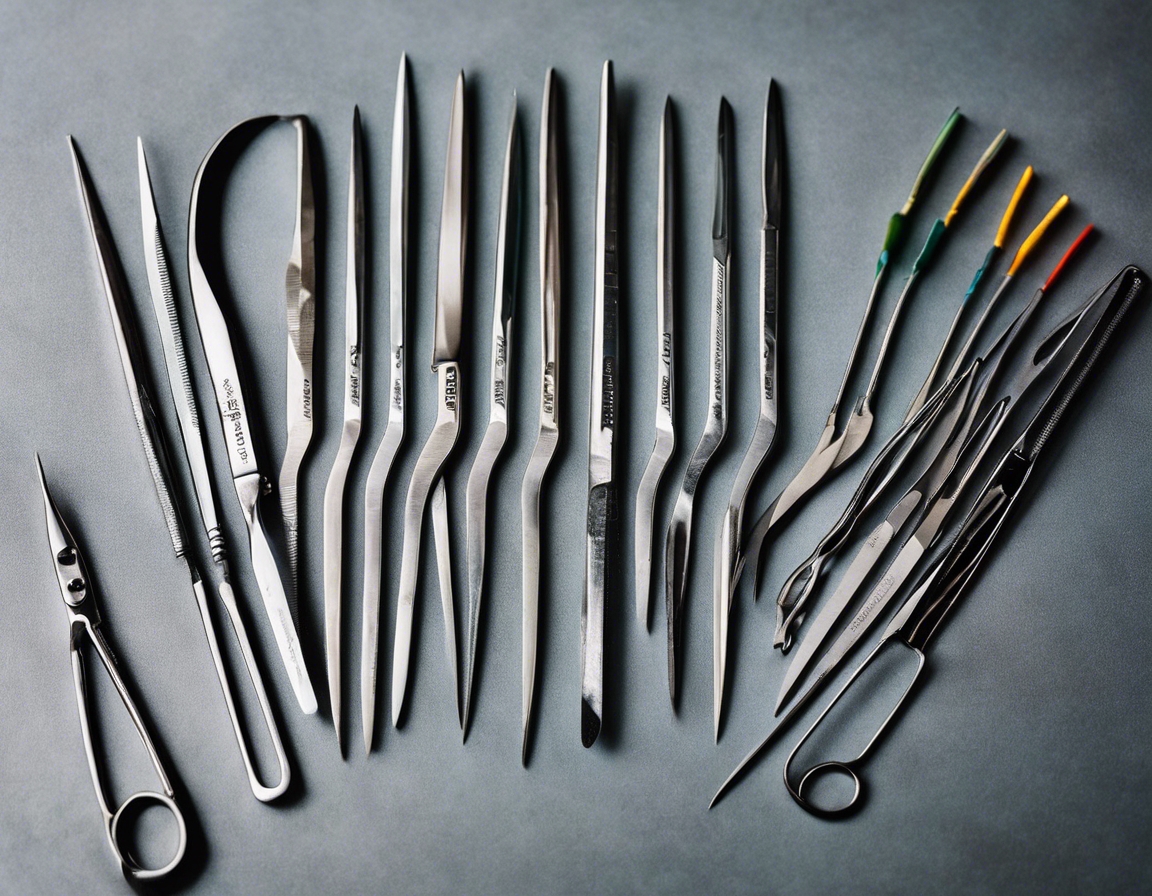Understanding pet dental care: tips and tricks
Just like humans, pets require regular dental care to maintain their overall health. Neglecting your pet's dental hygiene can lead to serious health issues, including heart, liver, and kidney disease. Dental care for pets is not just about fresh breath; it's a critical component of their overall well-being.
Pets can suffer from a variety of dental issues, such as plaque and tartar buildup, gingivitis, periodontal disease, tooth fractures, and even oral tumors. Early detection and treatment are essential for preventing pain and more severe health complications.
Preventive Dental Care for Pets
Annual dental check-ups with a veterinarian are vital for maintaining your pet's dental health. These check-ups can identify potential issues before they become serious problems.
Brushing your pet's teeth regularly is the most effective way to prevent dental disease. Use a toothbrush designed for pets and toothpaste that is safe for animals. Introduce this routine slowly and make it a positive experience for your pet.
Specialized dental diets and treats can help reduce plaque and tartar buildup. These products are formulated to be abrasive enough to clean teeth but safe for your pet to consume.
Chew toys can help keep your pet's teeth clean, but it's important to choose the right ones. Avoid hard materials that can cause tooth fractures and opt for toys that are designed to promote dental health.
Professional Dental Cleaning
Professional dental cleanings involve scaling to remove plaque and tartar, polishing to smooth tooth surfaces, and may include dental X-rays. This procedure usually requires anesthesia to ensure the safety and comfort of your pet.
After a professional cleaning, your pet may need a soft diet and gentle care. Your veterinarian will provide specific aftercare instructions to ensure a quick and smooth recovery.
Recognizing Dental Problems
Bad breath, difficulty eating, pawing at the mouth, and swollen gums are common signs of dental disease in pets. If you notice any of these symptoms, it's important to consult your veterinarian.
Don't wait for your pet's annual check-up if you suspect a dental issue. Early intervention is key to preventing more serious health problems.
Advanced Dental Care and Treatments
In some cases, pets may require dental surgery to address severe dental issues. This can include tooth extractions, growth removals, or repairing jaw fractures.
Periodontal disease is a common and serious condition in pets that can lead to tooth loss and systemic health problems. Treatment typically involves deep cleaning below the gum line and may require surgery.
Endodontic treatments, such as root canals, are available for pets to save damaged teeth. These procedures are typically performed by veterinary dental specialists.







Comments (0)